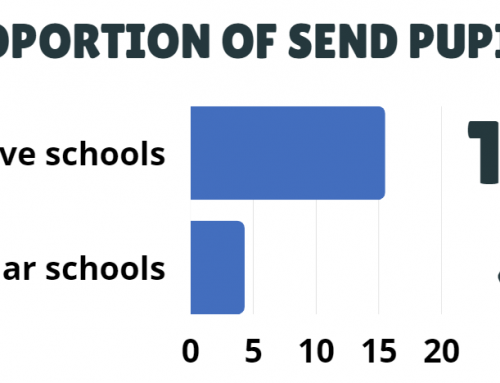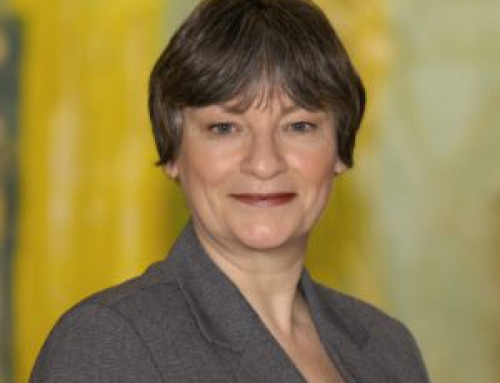Comprehensive Future – a group of Labour party members with the support of many MPs, Constituency Labour Parties, councillors, peers and unions has responded to a consultation within the party on education policy by calling for an end to selection.
Their response (attached) to the consultation
(The Best Education for All – www.labour.org.uk/consultingonpolicydocuments) which ends today, says … We wish to see the policy document amended to spell out the need to end selection on ability and aptitude and promise action to bring that about within the first two years of the next parliament.
Comprehensive Future says ending selection would –
- ‘raise standards overall
- reduce social divisions and promote inclusion
- extend school choice to more parents
- encourage more young people to remain in education post 16 and equip them with the skills for life.
- save money enabling it to be diverted to children in classrooms, where it should be spent’
In response to the assertion in the Labour consultation document which says ‘we can never return to the 11plus’, Comprehensive Future says ‘many children across England have never left the 11plus’ and that this misleading statement should be removed. 10% of English LEAs are totally selective, and a further 21 LEAs have grammar schools. Comprehensive Future calculates that almost 1 in 5 English primary children are affected by the 11 plus.
They also say that ‘Experience has shown that it is impossible for change to come through the existing petition and balloting procedures or through the decisions of adjudicators. Amending the existing regulations is not the way forward.’
Last week Comprehensive Future held a well-attended conference addressed Roy Hattersley, Lord Hunt of Kings Heath, Professor Margaret Maden and Fiona Millar who support the campaign. Labour members attending the conference decided to call on the Labour Government to take the lead and encourage an end to selection.
Comprehensive Future have now launched briefings on their website (www.comprehensivefuture.local) aimed to provide evidence to support the campaign to change party policy leading up to the party conference in the Autumn. The briefings include a rebuttal of the myth that grammar schools offer a route to higher education for poorer students, or that selection can be ended by petitions and ballots. There are plans for further briefings.
Notes
- Comprehensive Future was launched in 2003, by a group of Labour party members wanting to see wanting to promote greater opportunity for all children through ending selection both by ability and aptitude. It has the support of many Labour MPs, Peers, union leaders, CLPs, councillors and party members. The Chair is David Chaytor MP for Bury North, Secretary Margaret Tulloch, Treasurer Malcolm Horne of the Socialist Education Association. Patrons are Fiona Millar and Lord Hunt of Kings Heath.
- The Comprehensive Future website www.comprehensivefuture.local has more information. Briefings can be downloaded which set out in more detail some of our arguments for change – 1. A Comprehensive Future: Ending selection for secondary education in England. 2. Selection and Higher Education. Did grammar schools offer a better way into HE for poorer students? 3. Petitions, ballots and adjudicators: How Labour has kept the status quo on selection.
- As part of Partnership in Power the Labour party is consulting within the party on education policy. The consultation on the policy document The Best Education for All ends on 14th May. The National Policy Forum will consider the response in July and produce a policy for the Autumn Conference in Brighton.





